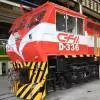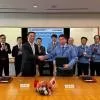
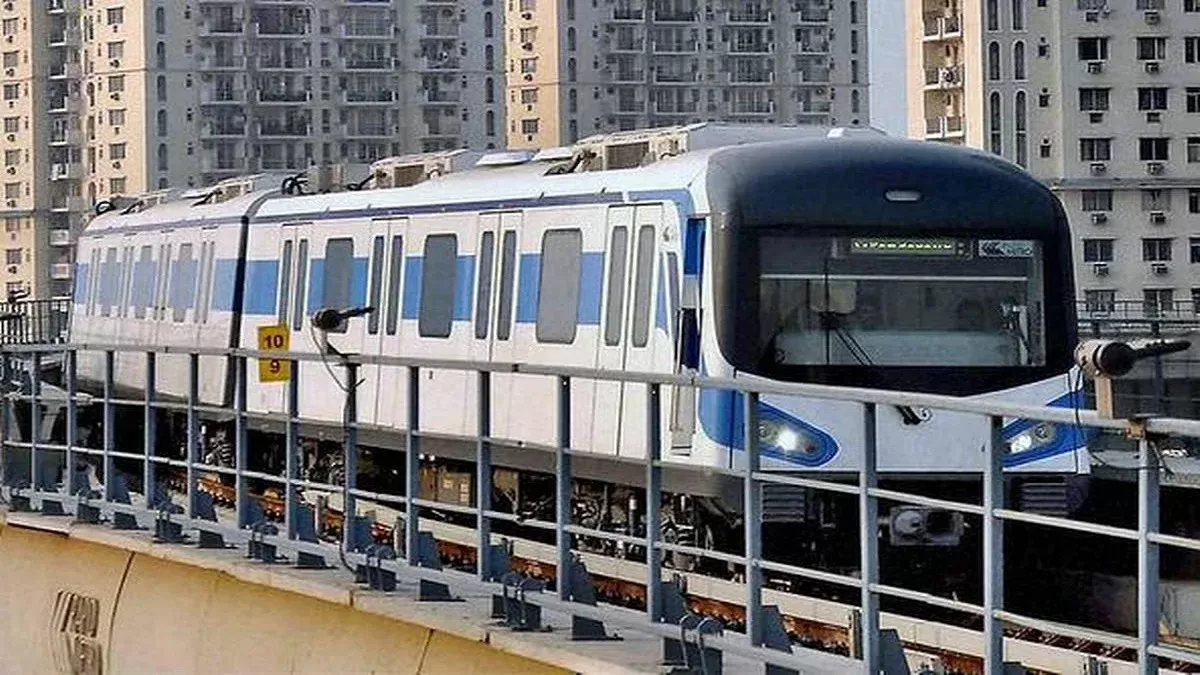
DBEC Hill JV Picked as Gurugram Metro General Consultant
Gurugram Metro Rail Limited (GMRL) has named the joint venture of Deutsche Bahn Engineering & Consultancy and Hill International as the preferred bidder for the general consultant role on the city’s new 28.8 km corridor, which will run from Millennium City Centre to Cyber City through 27 stations. The consultancy tender, issued in May 2024 with an estimated value of around Rs 1.35 billion, was extended to attract firms with proven metro expertise. A senior GMRL official confirmed the JV’s selection after negotiations in Panchkula, adding that the four year contract will b..
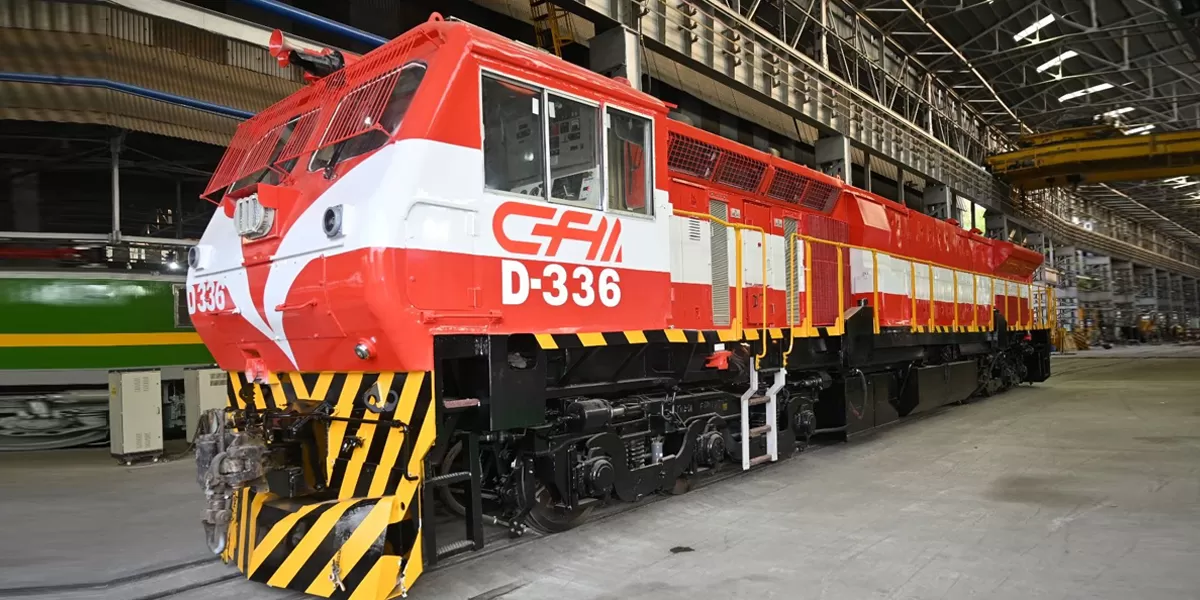
BLW Exports 2 Diesel Locos to Mozambique
In a boost to India’s rail exports and domestic manufacturing, Banaras Locomotive Works (BLW) has successfully delivered two of ten planned 3 300 horsepower AC AC diesel-electric locomotives to Mozambique.The contract, awarded by Mozambique Railways (CFM) to public sector undertaking RITES, entails the manufacture and supply of ten Cape Gauge (1 067 mm) locomotives by December 2025. The first two units were shipped in June.“These state-of-the-art diesel locomotives, capable of 100 km/h, have been manufactured at BLW under the global contract awarded to RITES,” a senior railway ..
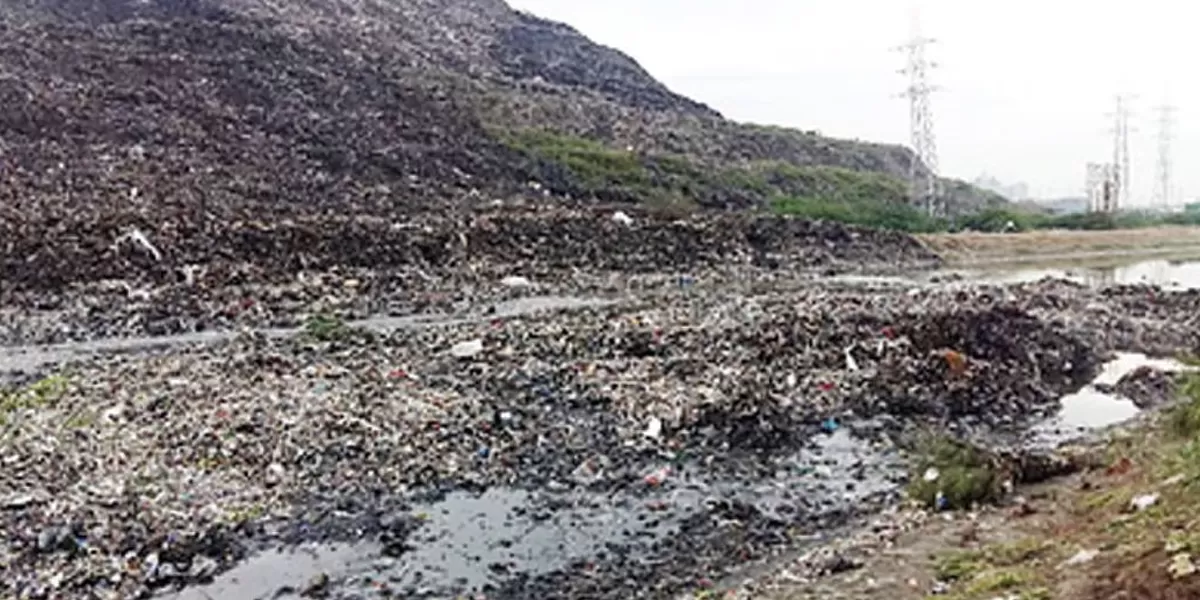
Lucknow Declared State’s First Zero Dump City
Lucknow has become Uttar Pradesh’s first officially certified “Zero Dump City” after all three processing lines at the Shivri solid waste treatment plant achieved full operation. The facility now handles the city’s entire daily load of roughly 2 100 metric tonnes, and has already removed two thirds of the vast legacy mound that once blighted the site.Shivri began life in 2012 but stalled under two successive contractors, allowing a waste mountain to accumulate. A Chinese operator appointed in 2017 also failed to deliver, incurring penalties of about Rs 400 million.Renewed m..




